Podcast: Play in new window | Download | Embed
A proposed local agreement between the Menominee Nation and the city of Kenosha, Wisc. to open a casino and entertainment complex is scheduled for a key vote this week.
Chuck Quirmbach of station WUWM reports.
The Menominee want to team with Hard Rock International, owned by the Seminole Tribe of Florida, to open an off-reservation gaming hall, hotel, ballroom, and restaurants along Interstate 94.
The complex would be about halfway between a non-tribal casino in Waukegan, Ill. and the Forest County Potawatomi gaming facility in Milwaukee.
Joey Awonohopay chairs the Menominee-Kenosha Gaming Authority.
He acknowledges the nearby competition for gamblers.
“But, the question is, do they carry the entertainment and the excitement as well as Hard Rock does? And the answer to that is, no, they do not.”
Gaming Authority Vice-chair Gary Besaw says the proposed ballroom would also be perfect for weddings and corporate retreats.
“We’re looking at enhancing what can happen in the Kenosha area.”
The Menominee and their partners are promising about $10 million per year in payments to Kenosha and Kenosha County after the complex would open.
That’s not enough to sway city resident John Bush.
“How many millions of dollars are we losing each year from companies that don’t want to move in right next to a casino? How many millions of dollars are we losing when people flee our community when there’s a casino less than a mile or two away from them?”
If the Kenosha Common Council okays the intergovernmental agreement Wednesday, January 3 and the Kenosha County Board signs on later this month, the Menominee and Hard Rock project would still need federal approval and the okay of Gov. Tony Evers (D-WI).

The award-winning Ho-Chunk Village in Winnebago, Neb. (Photo: Sam Burrish / Courtesy Ho-Chunk, Inc.)
A new study looks at the economic and social changes brought about by the Winnebago Tribe of Nebraska over the past three decades.
Deborah Van Fleet has more.
Ho-Chunk, Inc. sponsored the report by consulting economist Jonathan Taylor.
Taylor’s observations include the doubling of the Tribe’s middle class over the last 30 years.
He attributes this to their multiple institutions, with about 3,500 jobs in Nebraska, South Dakota, and Iowa in 2022, and a combined payroll of nearly $200 million.
“And that surprise change is really what American Indian economic development has been endeavoring to achieve across the country. And this is in a remote Plains tribe, in the poorest county of Nebraska.”
Among the Tribe’s entities are its oldest and largest, Ho-Chunk, Inc., as well as several for-profit and nonprofit institutions, including a college, a hospital, and community development corporation.
He says the Tribe’s ability to thrive gained momentum with its steps to “diversify” from the gaming industry back in the 1990s.
Lance Morgan, founder and CEO of Ho-Chunk, Inc., the Tribe’s economic development corporation, calls the tribe’s “multi-institutional” approach “key” to its success.
He says failing to do this is one reason poverty is intractable on many reservations.
“Unless you unleash the natural abilities of tribal people through these institutions, you never go anywhere. We have been really focused on this development of institutions and people across the board. And what’s happening is, is that natural organic growth is happening.”
Morgan says their population has grown by 30% in the past eight years.

Photo: Sam Minkler / Courtesy kleebenally.com
Condolences are pouring in for Klee Benally, who passed away over the weekend, his family announced on social media.
The Indigenous musician, advocate, and land defender was well known for his work on protecting sacred sites in Arizona.
A cause of death was not listed.
Benally was 48 years old.
New Year. New Newsletter. Get National Native News delivered to your inbox daily and stay up-to-date on the 2024 Native Vote. Sign up for our daily newsletter today.









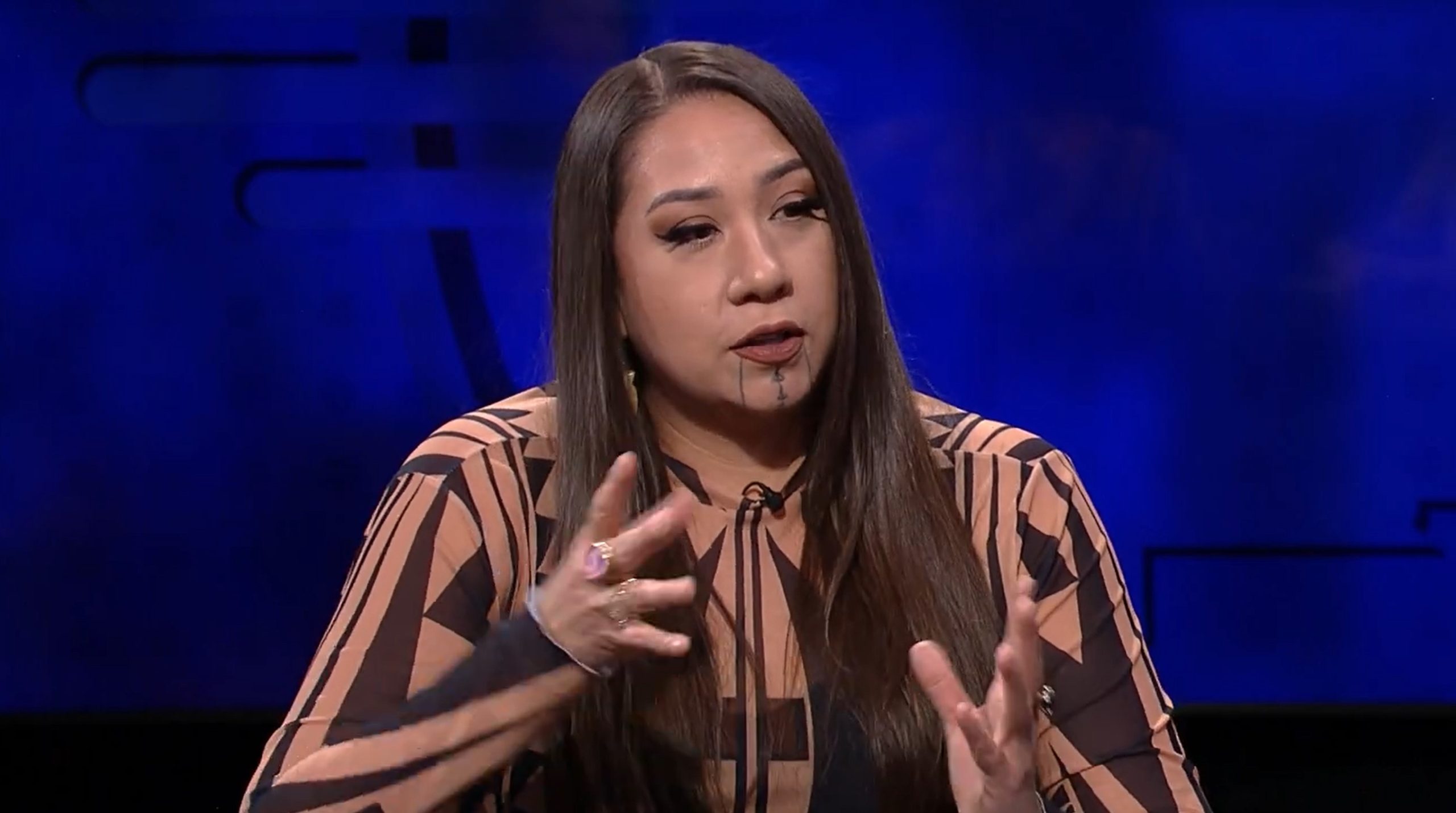 Advocates in New Mexico are working to raise awareness of missing and murdered Indigenous people among younger generations, including outreach to college students.
Advocates in New Mexico are working to raise awareness of missing and murdered Indigenous people among younger generations, including outreach to college students.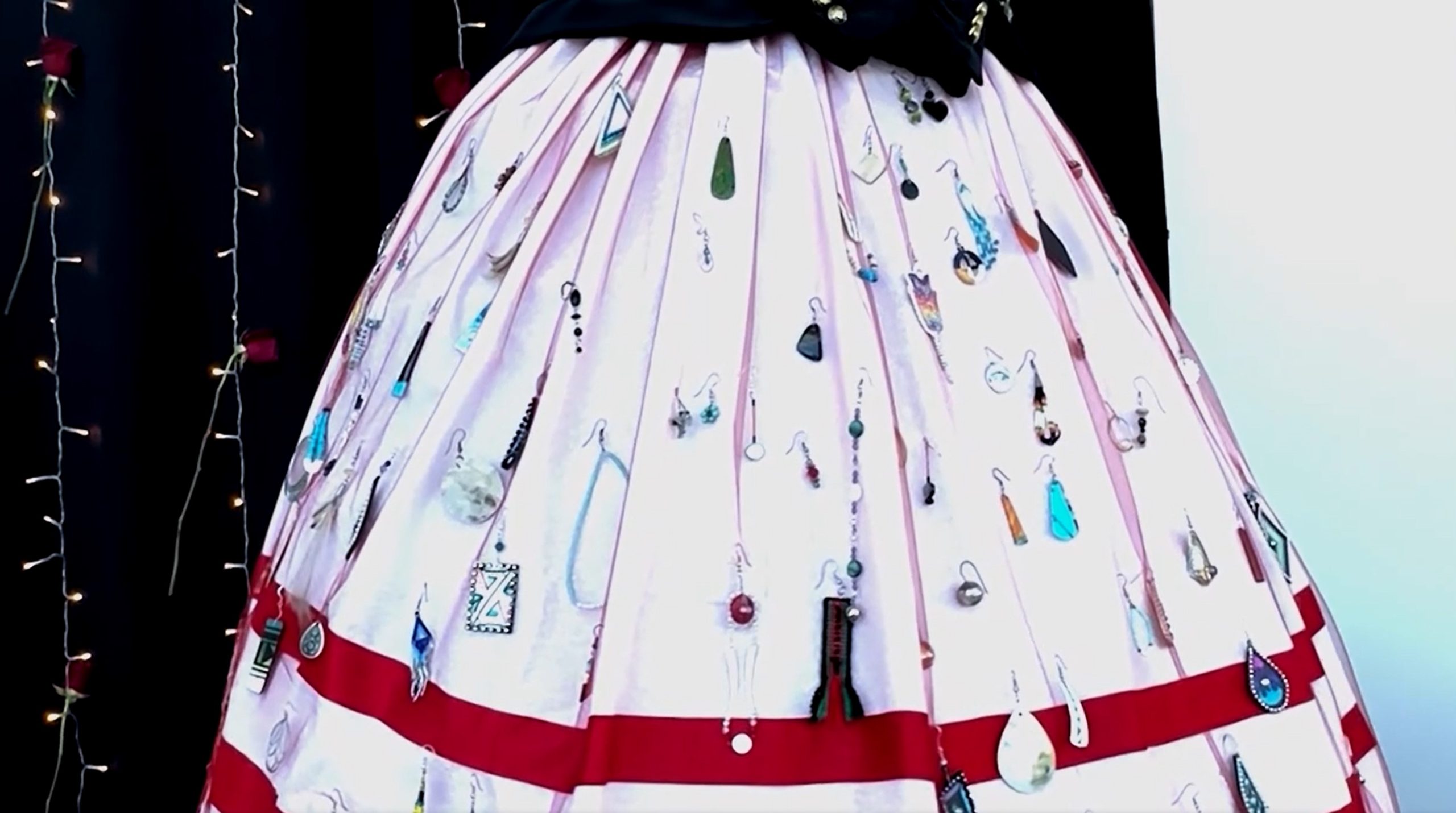 Baker helped organize the event
Baker helped organize the event 
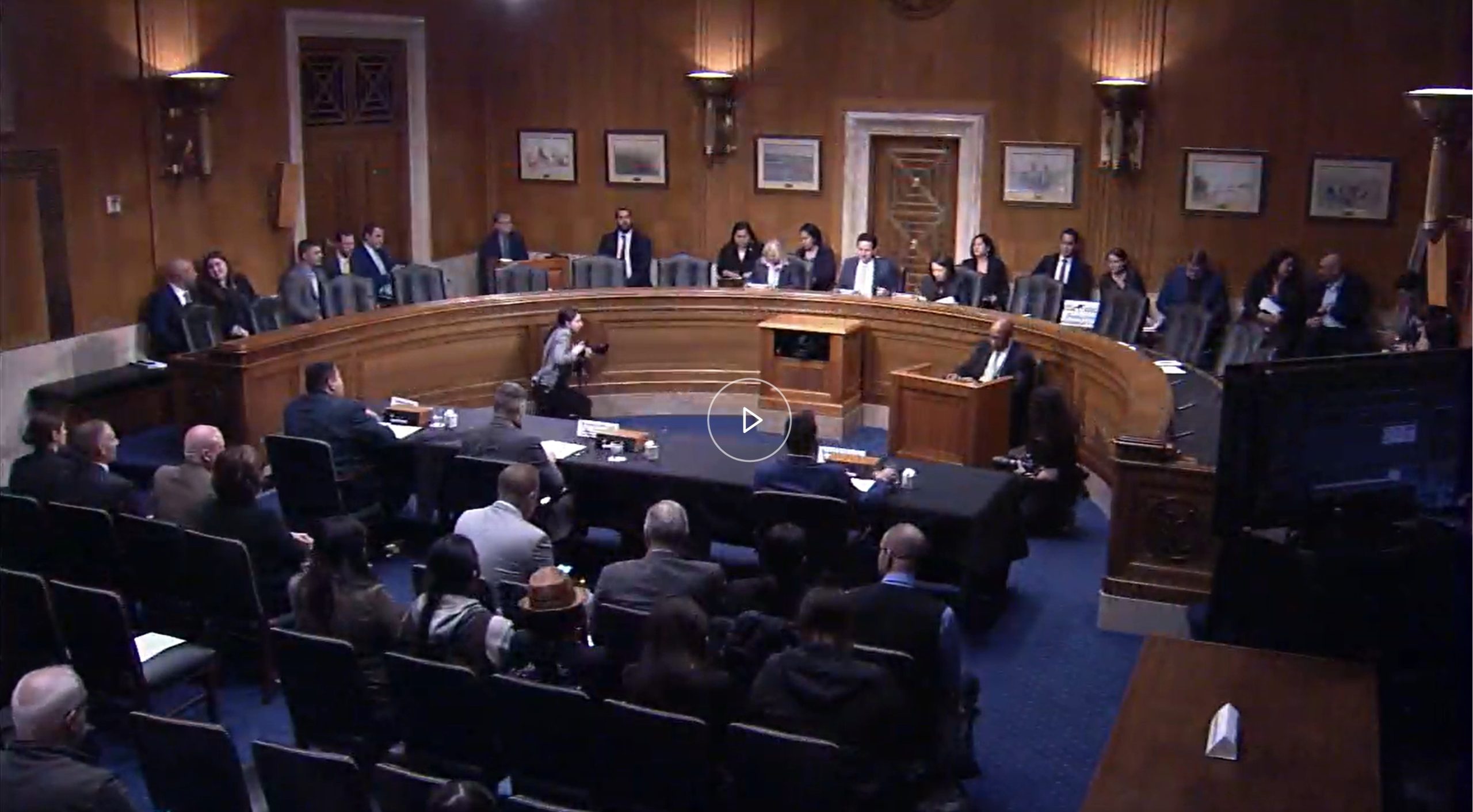
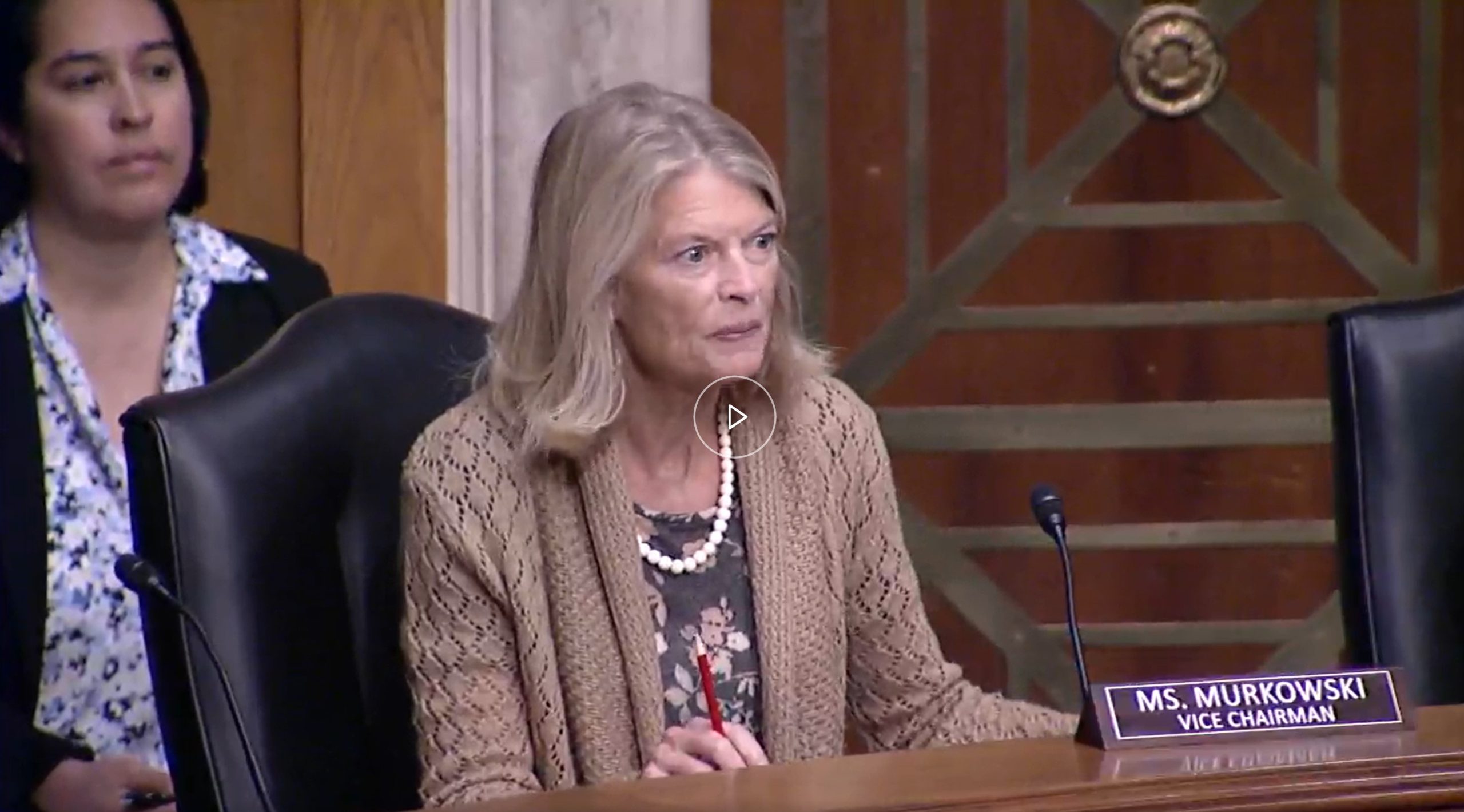
 The
The 

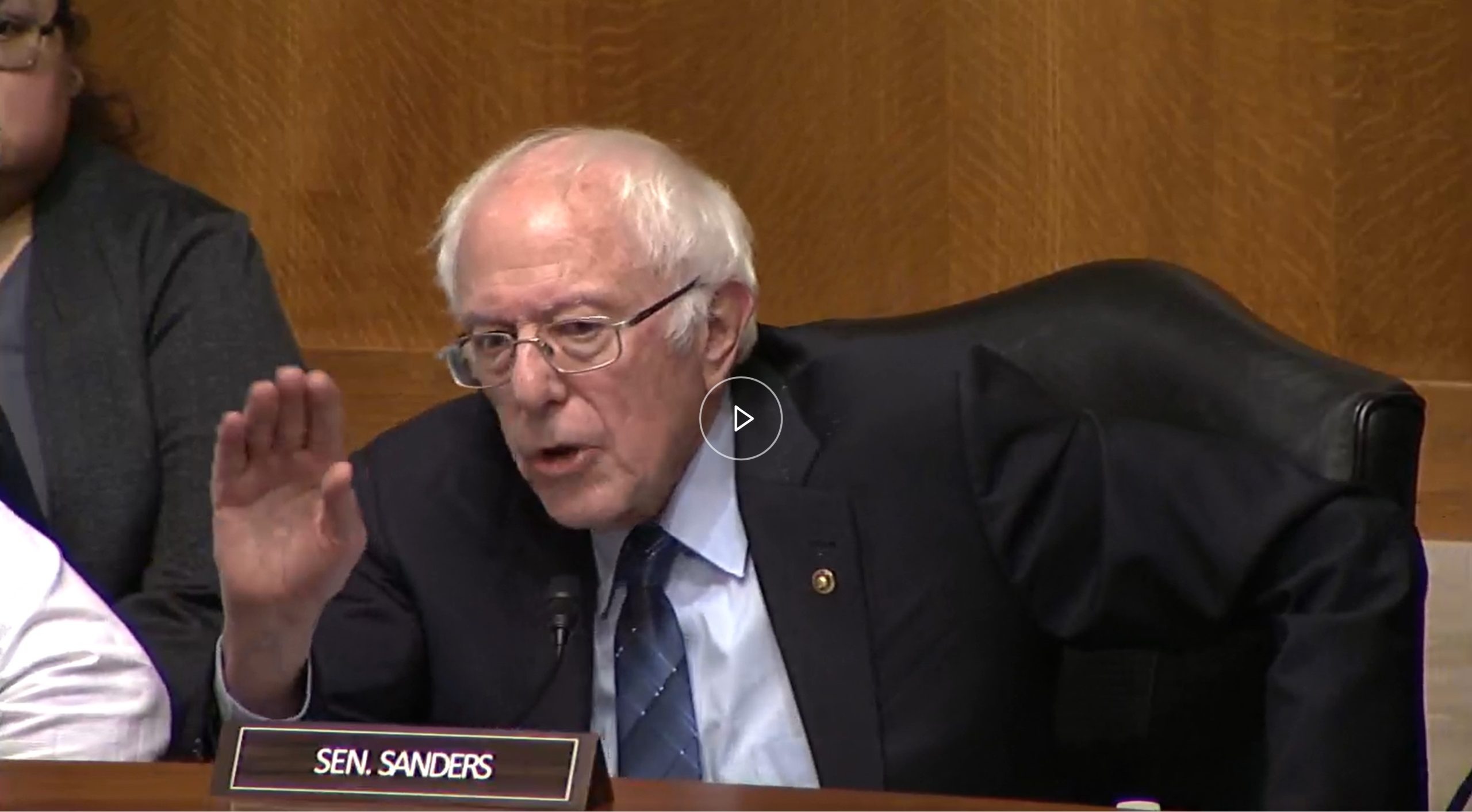


 Lac Courte Oreilles Ojibwe University recently announced plans to become an Emergency Medical Service Training Center after receiving approval from the Wisconsin Department of Health Services.
Lac Courte Oreilles Ojibwe University recently announced plans to become an Emergency Medical Service Training Center after receiving approval from the Wisconsin Department of Health Services.
 The Council for Native Hawaiian Advancement announced Thursday it has launched the website
The Council for Native Hawaiian Advancement announced Thursday it has launched the website 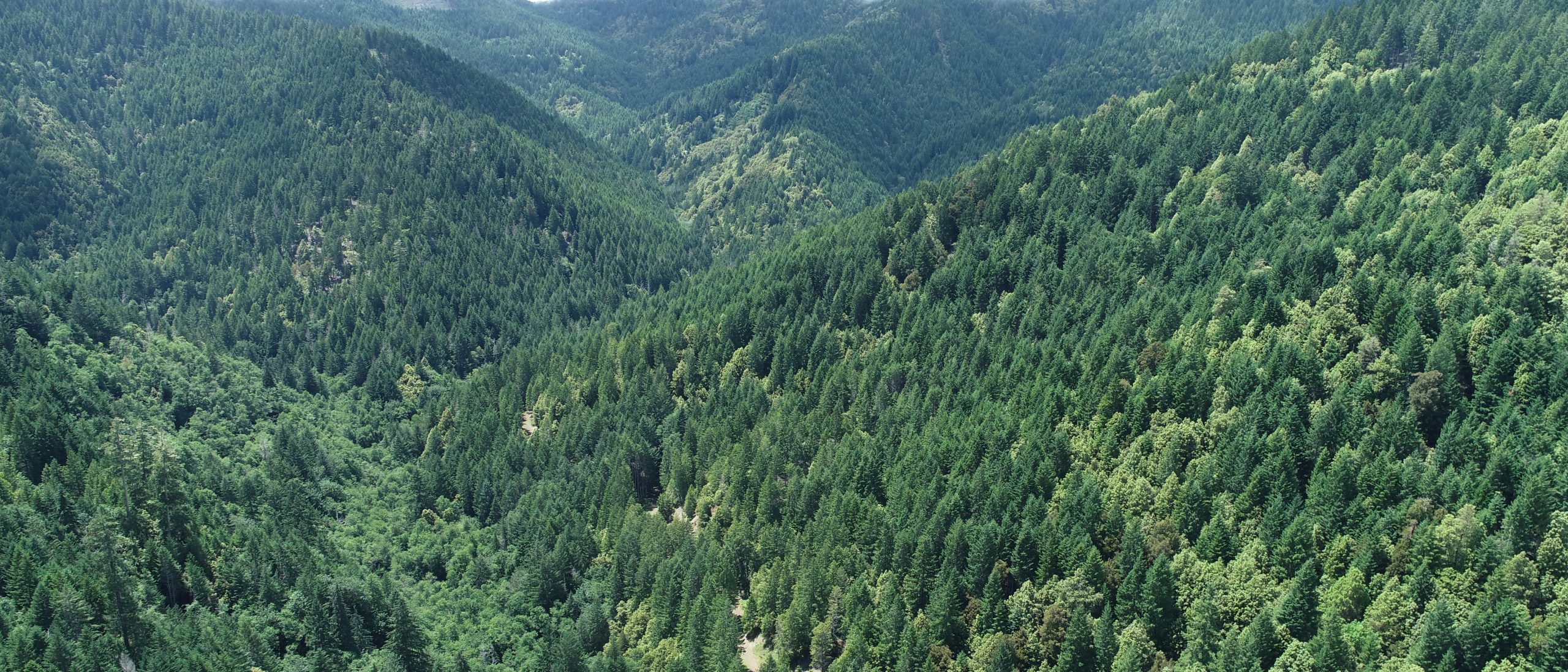


 In November, during her nomination hearing, the Senate Judiciary Committee questioned Judge Hill about tribal sovereignty and challenges she faced as tribal judge.
In November, during her nomination hearing, the Senate Judiciary Committee questioned Judge Hill about tribal sovereignty and challenges she faced as tribal judge. Young Native people are making strides in leadership.
Young Native people are making strides in leadership.